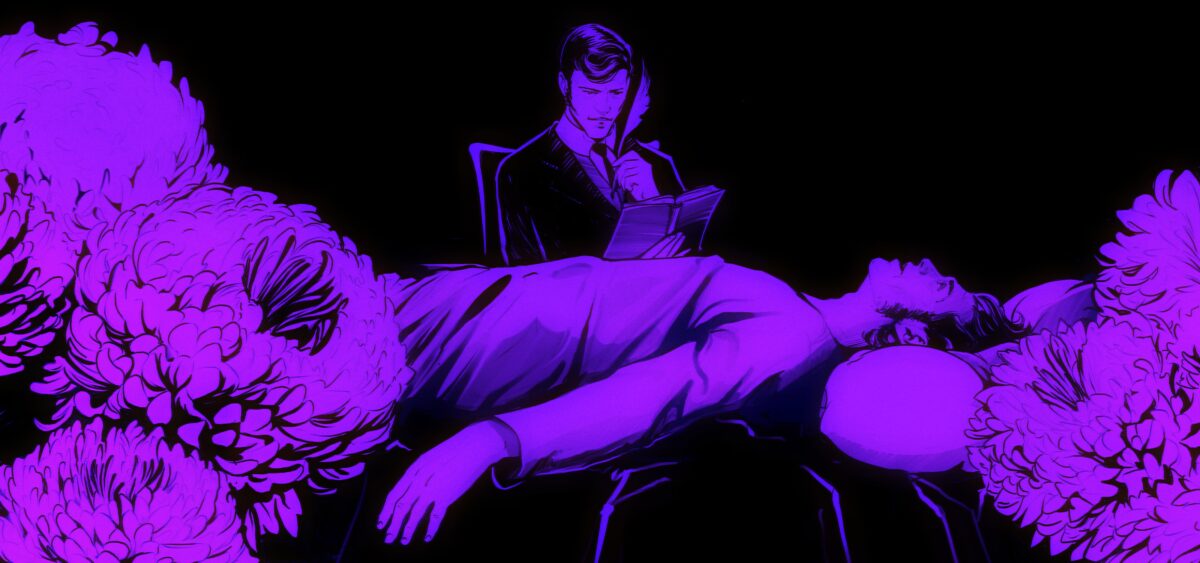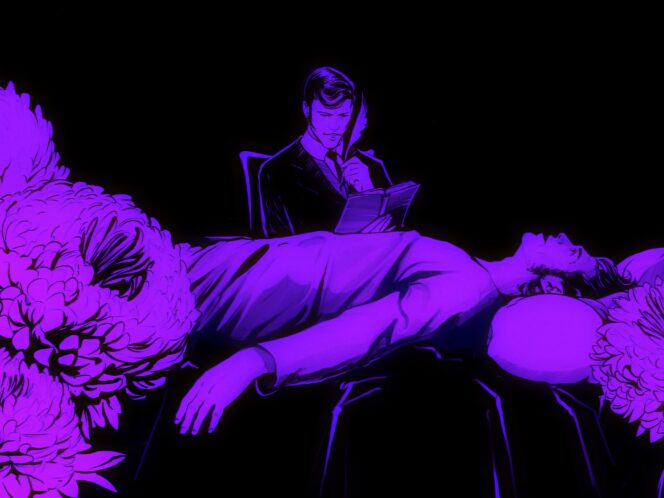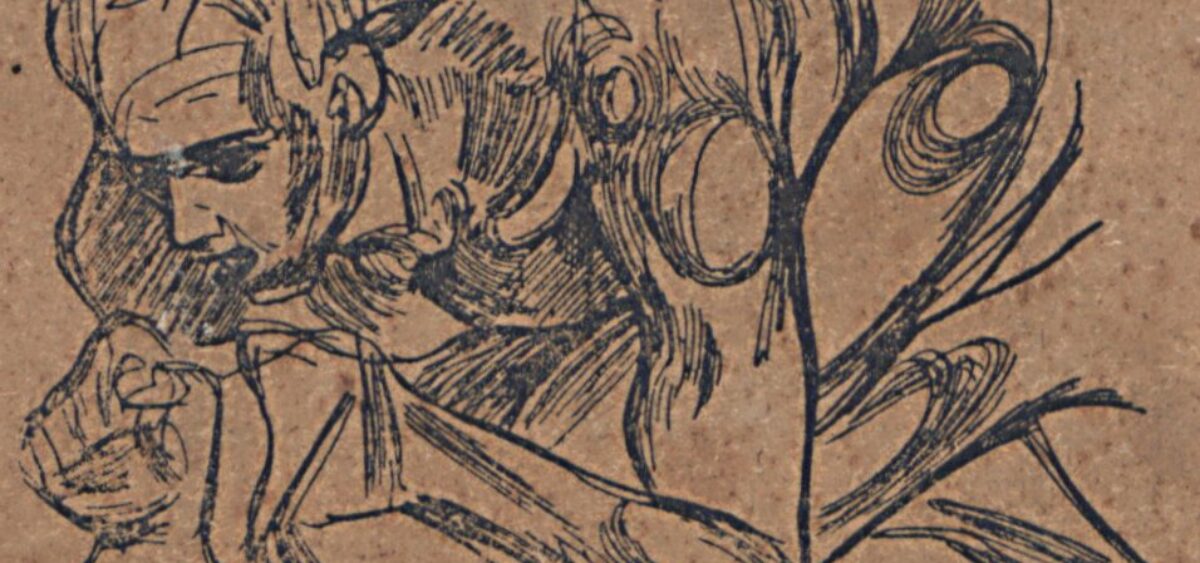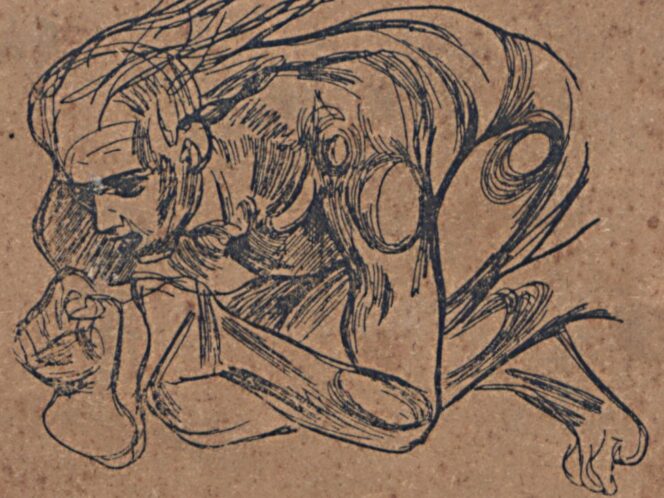On coming to live in Warsaw five years ago to work as a teacher, my memories of the first months here are of darkened crawlspaces; the warren-like crevices of the city’s seemingly endless number of secondhand bookshops. A devotee of the weird and supernatural in literature, I spent my spare time searching for dusty arcanum hiding among the shelves. Before coming to Poland, I had read, and been captivated by, Miroslaw Lipinski’s translations of Stefan Grabiński, collected in The Dark Domain (Dedalus Press, 1992). I asked many of my Polish friends about his work, but was most often met with shrugs or blank stares. On my bookish outings around the city, I was attempting, rather falteringly, to trace the threads of the tradition that had produced such a singular writer. Was there a whole school of Polish supernatural fiction waiting to be unearthed? Why didn’t people seem to know anything about this writer who had had such an impact on me?
Throughout any number of halting conversations with kindly booksellers, somewhat bemused by this Englishman asking strange questions, a handful of names had arisen: the mystical poet, Tadeusz Miciński; the German- and Polish-language writer of decadence and Satanism, Stanisław Przybyszewski; the erudite fantasist, Antoni Lange. Looking a little closer, their concerns seemed somewhat divorced from Grabiński’s. These writers could all be situated, for better or worse, within schools and movements of the period, while Grabiński remained stubbornly inexplicable in the Polish literary landscape.









